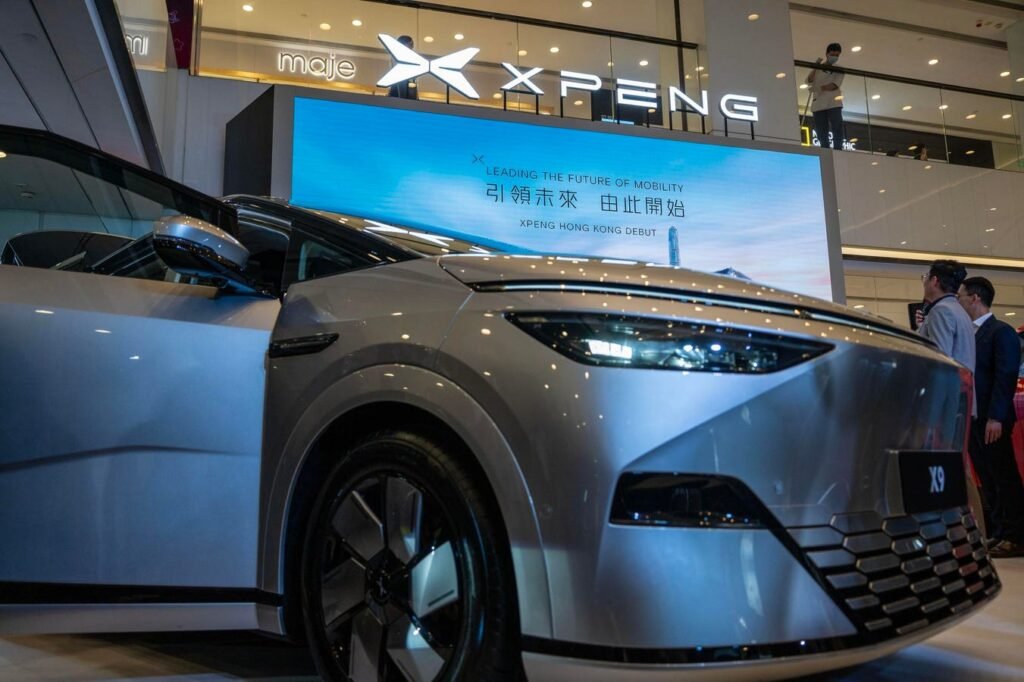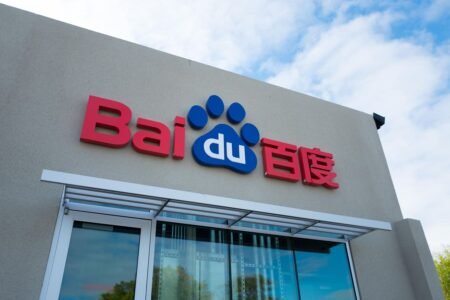Chinese luxury electric vehicle maker Xpeng has seen a decline in its stock price by about 43% year-to-date, as compared to rival Nio, which is down by 29% over the same period. However, Xpeng’s delivery performance seems to be on the rise, with the company delivering 10,146 vehicles in May, up 35% year-over-year. This brings Xpeng’s year-to-date unit sales to 41,360 vehicles, a 26% increase from the previous year. Xpeng attributes this growth to the sales of its premium X9 multi-purpose vehicle, launched in January. Despite this, Xpeng’s deliveries still lag behind rivals like Nio and Li Auto.
XPEV stock has experienced a significant decrease of 80% from early January 2021 to around $8 now, underperforming the S&P 500 over the past three years. Although the stock saw some positive returns in 2021 and 2023, it suffered a decline of 80% in 2022. In comparison, the Trefis High Quality Portfolio has consistently outperformed the S&P 500 during the same period, indicating better returns with less risk. Given the uncertain macroeconomic environment and EV demand trends, the question remains whether XPEV will continue to underperform or see a recovery in the coming months.
Amid concerns about global EV demand, China’s industry benefits from government support, with recent incentives to promote electric and low-emission vehicles. Xpeng’s financial metrics have shown improvement, with average revenue per vehicle increasing from $28,000 to $42,000 in Q1 2024. This growth is driven by higher X9 sales, priced over $50,000, and increased gross margins of 13%. Xpeng’s collaboration with Volkswagen Group on platform and software has also contributed to its success, with rising adoption rates for its self-driving software.
Xpeng’s future plans include launching more than 10 new models over the next three years, along with a strategic partnership with Volkswagen to co-develop EVs. The company aims to expand beyond the luxury market and introduce a new sub-brand, Mona, priced under $21,000 to compete in the mass-market segment. This move will allow Xpeng to target larger volumes and compete with other popular brands like BYD. The company’s focus on innovation and partnerships positions it well for future growth and success in the competitive EV market.
Overall, Xpeng’s performance in the EV sector shows promising growth in deliveries and financial metrics. Despite challenges in the stock market, the company’s strategic partnerships and expansion into the mass-market segment could lead to further success. With increasing adoption of its self-driving software and plans for new models, Xpeng remains a key player to watch in the evolving electric vehicle industry. Investors and analysts will be closely monitoring the company’s progress and market performance in the coming months.











